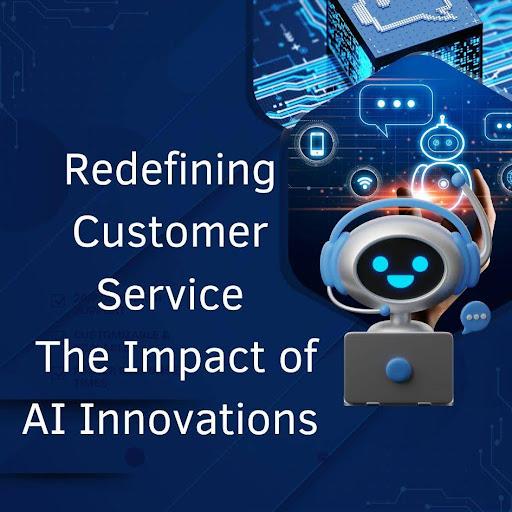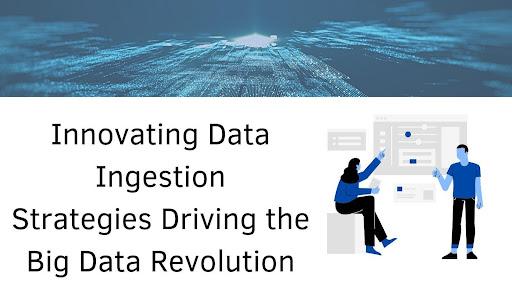In a groundbreaking research paper, technology specialist Anirudh Sharma Peri examines how Customer Relationship Management (CRM) systems are revolutionizing healthcare delivery. As a healthcare technology expert based in the USA, his comprehensive analysis reveals significant improvements in patient care coordination and operational efficiency through digital transformation.
The Dawn of Smart Healthcare
Healthcare is experiencing a dramatic shift as digital solutions replace traditional paper-based systems. This transformation from fragmented processes to integrated platforms addresses three critical challenges: growing patient volumes, complex regulations, and rising demand for personalized care. The change represents a fundamental evolution in healthcare delivery.
Breaking Down Communication Barriers
Modern CRM implementations in healthcare are dismantling traditional communication silos. The research demonstrates that healthcare providers using integrated CRM solutions experienced a remarkable 83.3% reduction in patient response times, dropping from 24 hours to just 4 hours. Care coordination times showed similar improvements, with a 75% reduction in coordination delays, enabling faster and more effective patient care delivery.
Revolutionizing Patient Engagement
Digital transformation is fundamentally changing how healthcare providers interact with patients. Advanced CRM systems now enable healthcare organizations to maintain unified patient profiles that aggregate clinical, administrative, and engagement data. This comprehensive approach has led to a significant 26.4% improvement in patient satisfaction scores, rising from 72/100 to 91/100, indicating substantially enhanced patient experiences.
Enhancing Treatment Effectiveness
Digital healthcare solutions have transformed treatment plan effectiveness across medical organizations. Automated care plan tracking and reminder systems have driven treatment plan adherence up from 65% to 89% – a remarkable 36.9% improvement. This significant boost stems from better follow-up appointment attendance and higher treatment completion rates, demonstrating how digital tools can enhance patient compliance and care outcomes.
Bridging Care Gaps
Care gap identification stands out as a remarkable achievement in healthcare’s digital evolution. The implementation of advanced systems has more than doubled the ability to identify potential care gaps, with success rates soaring from 45% to 92%. This significant improvement enables healthcare providers to detect and address medical issues before they escalate, transforming traditionally reactive healthcare into a proactive model. By better anticipating patient needs and potential health challenges, providers can now deliver more timely interventions, resulting in improved patient outcomes and a higher quality of care delivery.
Security and Compliance in the Digital Age
Modern healthcare systems effectively balance robust security with streamlined service delivery. Advanced digital platforms incorporate comprehensive security frameworks that safeguard sensitive patient data without compromising operational efficiency. Through automated compliance monitoring, healthcare organizations now exceed standard regulatory requirements while maintaining smooth operations. This integration of security and efficiency demonstrates how digital transformation can enhance both data protection and healthcare delivery.
Future of Healthcare Technology
The future of healthcare technology shows promising developments in artificial intelligence and predictive analytics. These innovations are set to revolutionize healthcare through enhanced patient monitoring, predictive care planning, and innovative engagement strategies. As these technologies evolve, they maintain a crucial focus on patient-centered care while opening new possibilities for improved healthcare delivery.
In his concluding analysis, Anirudh Sharma Peri emphasizes that while implementation challenges exist, particularly in system integration and workflow adaptation, organizations following structured implementation approaches achieve substantial benefits in both operational efficiency and care delivery effectiveness.The research demonstrates that digital transformation in healthcare is not just about technology adoption it’s about fundamentally reimagining how healthcare is delivered. With patient satisfaction scores rising, treatment adherence improving, and care coordination becoming more efficient, the evidence suggests that digital transformation is creating a more connected, efficient, and patient-centered healthcare ecosystem. The trajectory of these improvements indicates that we are only beginning to realize the full potential of digital transformation in healthcare.







